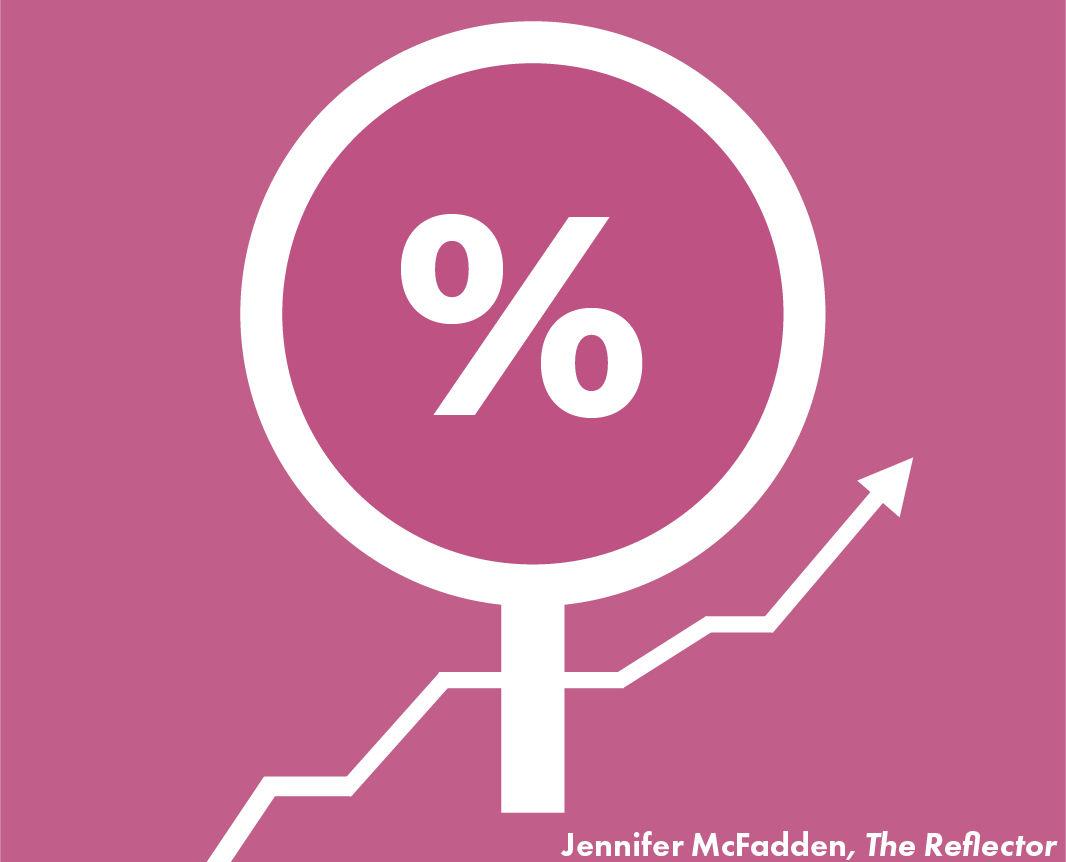Women, in many ways, have paid the price for centuries for the sole reason of lacking a penis.
Whether this price is in the denial of the right to vote or the right to be anything other than a housewife, women have been denied equal opportunities compared to their male counterparts. However, some inequalities lie in a more subtle and insidious marketing ploy, and this my friends is the so-called “pink tax.”
According to Anne-Marcelle Ngabirano of USA Today, the pink tax extends to all gender-specific items and results in exorbitantly high prices for products geared toward women.
Even children’s items face a significant gender-specific price gap.
“Girls’ toys and accessories cost an average of 7 percent more than boys’ toys. Separately, a side-by-side comparison of two Radio Flyer My 1st Scooters showed this: A red scooter cost $24.99 and a pink scooter cost $49, despite them being identical in all other ways,” Ngabirano states.
However, this is not an issue of simply price-inflated girls’ toys. The issue extends to almost everything, even items which are not pink.
While my father’s haircuts have consistently cost $20, trimming my own hair usually results in a salon visit which costs me a total of $45. I even opt to buy men’s razors in order to save a few bucks and spare myself from mediocre-quality ones geared towards women.
Additionally, women also have to worry about paying their monthly and required menstrual dues.
According to Jessica Kane of the Huffington Post, women can expect to spend around $18,171 on period products in their lifetime. For a naturally and monthly occurring event like a menstrual cycle, the price should be more affordable for the average woman. The women particularly suffering from this cost are the homeless and the incarcerated.
In her article, Lisa De Bode of Aljazeera explains the dire situation menstruating homeless women face.
“Many shelters and homeless centers hand their female residents female hygiene products, along with toothpaste and shampoo. But social workers said that pads and tampons are often harder to source from public donors. Rosanna Montilla, an associate at Care for the Homeless, said the organization is running out of tampons. Its latest donation drive in November yielded just one contribution of tampons,” De Bode describes.
In addition, incarcerated women are also expected to forfeit an excessive amount for necessary products they cannot afford on their low prison salary. Taylor Dolven of Vice explains how prison menstrual products are “around $8 per box.” Even with the Dignity for Incarcerated Women Act, prisons still fail to provide women with the free and necessary products the act says prisons should provide.
“Inmates at another eight federal prisons in West Virginia, Texas, Florida, Illinois, California and Arizona reported they are still having to pay for feminine hygiene products, according to the National Council for Incarcerated and Formerly Incarcerated Women and Girls and the CAN-DO Foundation,” Dolven states.
Women should be given fair prices, but more than this, they should have the ability to retain their dignity and hygiene when they are at their most vulnerable. Women did not choose to be seen as unequal to men, nor did we choose to menstruate, and we should not have to pay such a high cost for either.
Categories:
Women should not have to pay extra for existing
0
More to Discover






